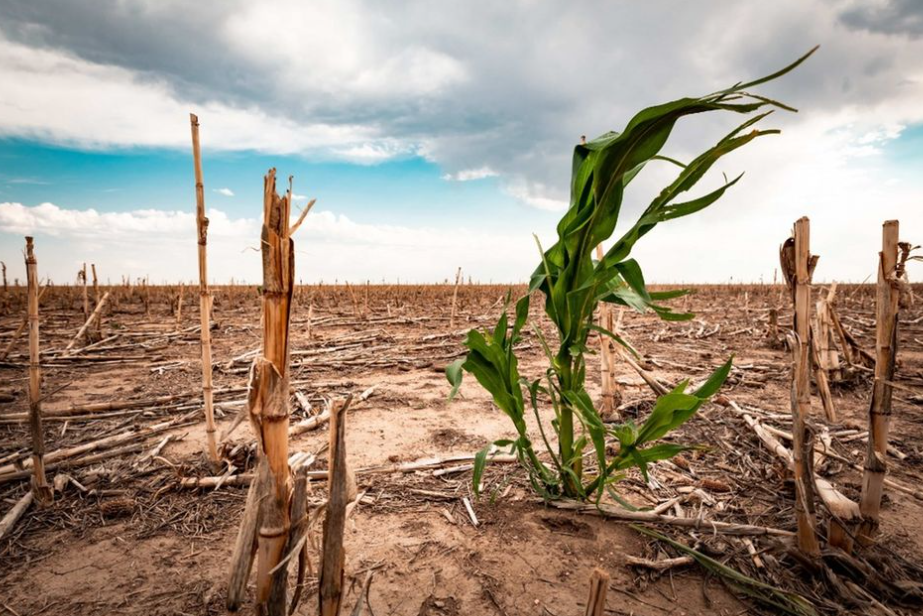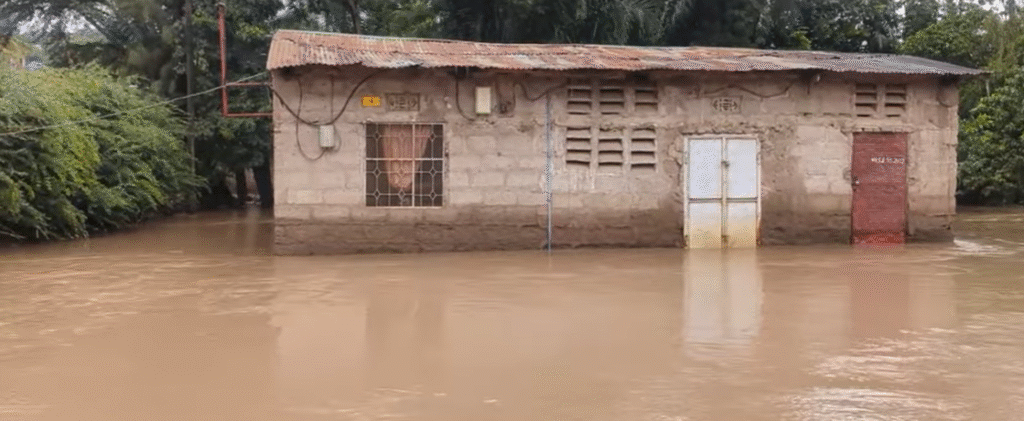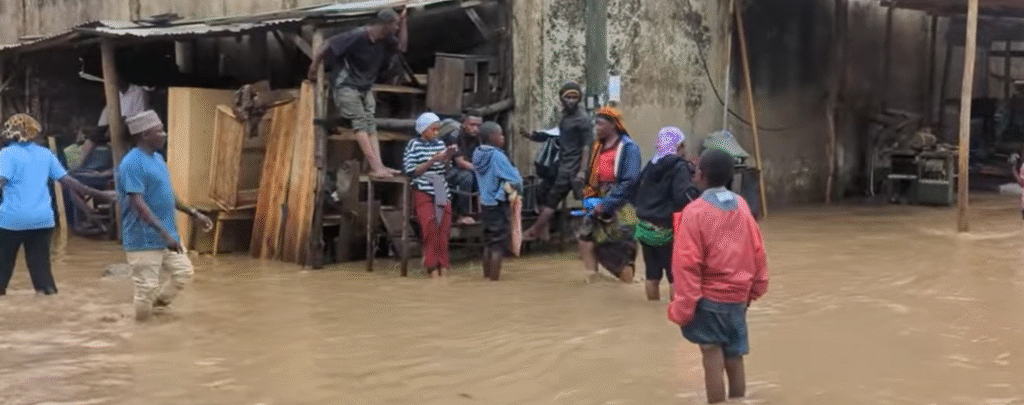Dar es Salaam. As COP30 concluded in the Amazonian city of Belem, African voices were among the strongest in insisting that the summit’s outcomes while welcomed in parts will only matter if they translate into real protection for communities already losing lives, land and livelihoods to climate disasters.
At the heart of the continent’s message was a simple truth: loss and damage is no longer theoretical; it is happening now, and financing it must be fast, fair and accessible.
Sierra Leone’s Minister of Environment and Climate Change, Jiwoh Abdulai, captured the mood across African negotiators.
“COP30 has not delivered everything Africa asked for, but it has moved the needle,” he said, welcoming a clearer acknowledgement of historical responsibility.
But he warned that what exists on paper means little “until these words turn into real projects that protect lives and livelihoods.” For Sierra Leone and much of Africa, he said, this agreement is “a floor, not a ceiling,” particularly on adaptation and public finance.
Kenya’s Climate Envoy, Ali Mohamed, echoed that urgency, stressing that Africa cannot remain trapped in negotiations that deliver promises instead of protection.
“The 30th COP in Belém has reaffirmed both the urgency of climate action and the disproportionate risks faced by the most vulnerable,” he said.
“Kenya, and Africa, stand ready to lead in the transition to clean energy, but resilience and adaptation cannot remain afterthoughts for a continent responsible for less than four per cent of global emissions.”
He demanded that developed countries “finally honor their finance commitments,” particularly for adaptation and loss and damage.
Civil society voices from the continent were even more direct. Joab Okanda, a climate and diplomacy expert, warned that Africa’s worsening human and economic toll cannot be met with weak texts.
“Africa cannot afford to leave Belém with a weak deal,” he said.
“What Africa needs now is clear: sufficient, grant-based finance… and a credible roadmap that delivers both energy access and resilience.”
These calls come as loss and damage continues to escalate across the continent from rising seas swallowing villages in West Africa, to prolonged droughts in the Horn, to deadly cyclones hitting southern Africa.
Yet funding under the global Loss and Damage Fund remains slow, uncertain and far below what climate-vulnerable nations require.

A mixed bag of progress at COP30
While African leaders emphasised urgency, other global actors took a more moderate tone, acknowledging progress but cautioning that implementation remains the real test.
Jennifer Morgan, former German climate envoy, described the Belem outcome as “meaningful progress” despite falling short of what science demands. She credited the Paris Agreement architecture and noted that the transition away from fossil fuels “is accelerating”—even as major oil producers attempted to slow it down.
Executive Director of Strategic Perspectives, Linda Kalcher said COP30 showed a new geopolitical climate, one driven by trade, investment deals, and forest protection initiatives.
She argued that 80+ countries are now positioned to reap the economic benefits of energy transition, but insisted the world must address “gaps on NDCs, investments and resilience” before COP31 in Turkey.
Brazil drew praise for its leadership and symbolism in hosting the conference deep in the Amazon. Delcio Rodrigues of ClimaInfo said Environment Minister Marina Silva deserved “huge credit for ensuring that COP30 will maintain action on tackling fossils and deforestation.”
Hosting COP in the Amazon, he added, showed the world the “glory of Brazil’s forests and the rich heritage of our indigenous people.”
For Marcelo Behar, Brazil’s Special Envoy for Bioeconomy, COP30 marked a turning point.
“Forest and Indigenous rights have been catapulted from the margins to the epicentre of climate talks,” he said, citing the new Tropical Forest Finance Framework and the Earth Investment Engine as breakthroughs for nature finance.
Another milestone was the unprecedented formal recognition of information integrity in climate action.
Senior Adviser at the UN, Charlotte Scaddan called this “a watershed moment,” noting that the Belem Declaration on Information Integrity is designed to combat disinformation that threatens climate policy implementation.

Tension beneath the celebrations
Yet beneath the applause, civil society groups warned of dangerous gaps especially on fossil fuel phaseout and climate finance.
Director of the International Climate Politics Hub, Cat Abreu did not mince words, “The level of ambition is heading down the drain.”
She criticised the Brazilian presidency for not allowing sufficient time to craft a credible fossil fuel and finance outcome.
Her concerns were echoed by Dr Rachel Cleetus of the Union of Concerned Scientists, who called the latest texts “disappointing across the board.”
She emphasised that without a “fast, fair, funded phaseout of fossil fuels,” climate goals are unattainable. She also warned that lower-income nations cannot meet transition needs, or close their energy poverty gaps, without public finance from richer countries.
Loss and damage: Still the line in the sand
Across Africa and much of the global South the clarity of the message was unmistakable, without real, sustained, predictable funding for loss and damage, COP30’s outcomes remain fragile.
African leaders welcomed progress, but insisted that historical emitters must take responsibility not just in words but in finance flows that reach communities before disasters do.
They expect clearer commitments before COP31, including adequate, grant-based loss and damage finance, faster disbursement mechanisms, support for African renewable energy expansion, clear plans to scale resilience and adaptation finance and transparent tracking of commitments.
Africa may have arrived in Belem with demands unmet, but it leaves united in expectation.
As Sierra Leone’s Jiwoh Abdulai put it, “We will judge this outcome by how quickly these words turn into real protection.”
In the context of rising climate-driven losses, anything less risks leaving millions behind.


